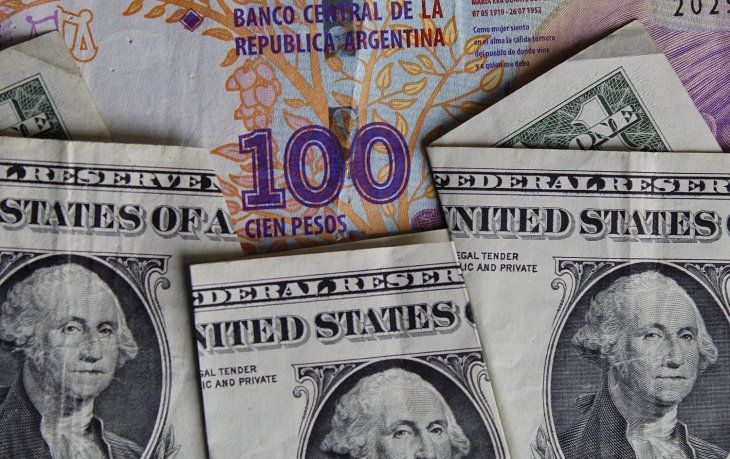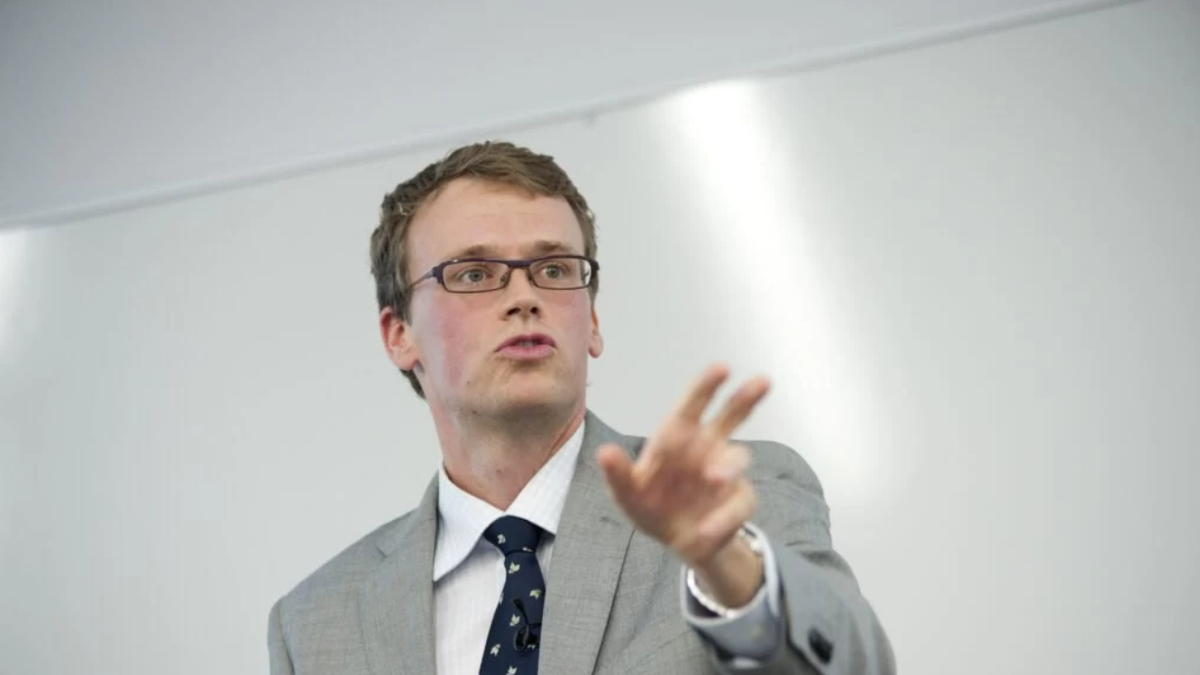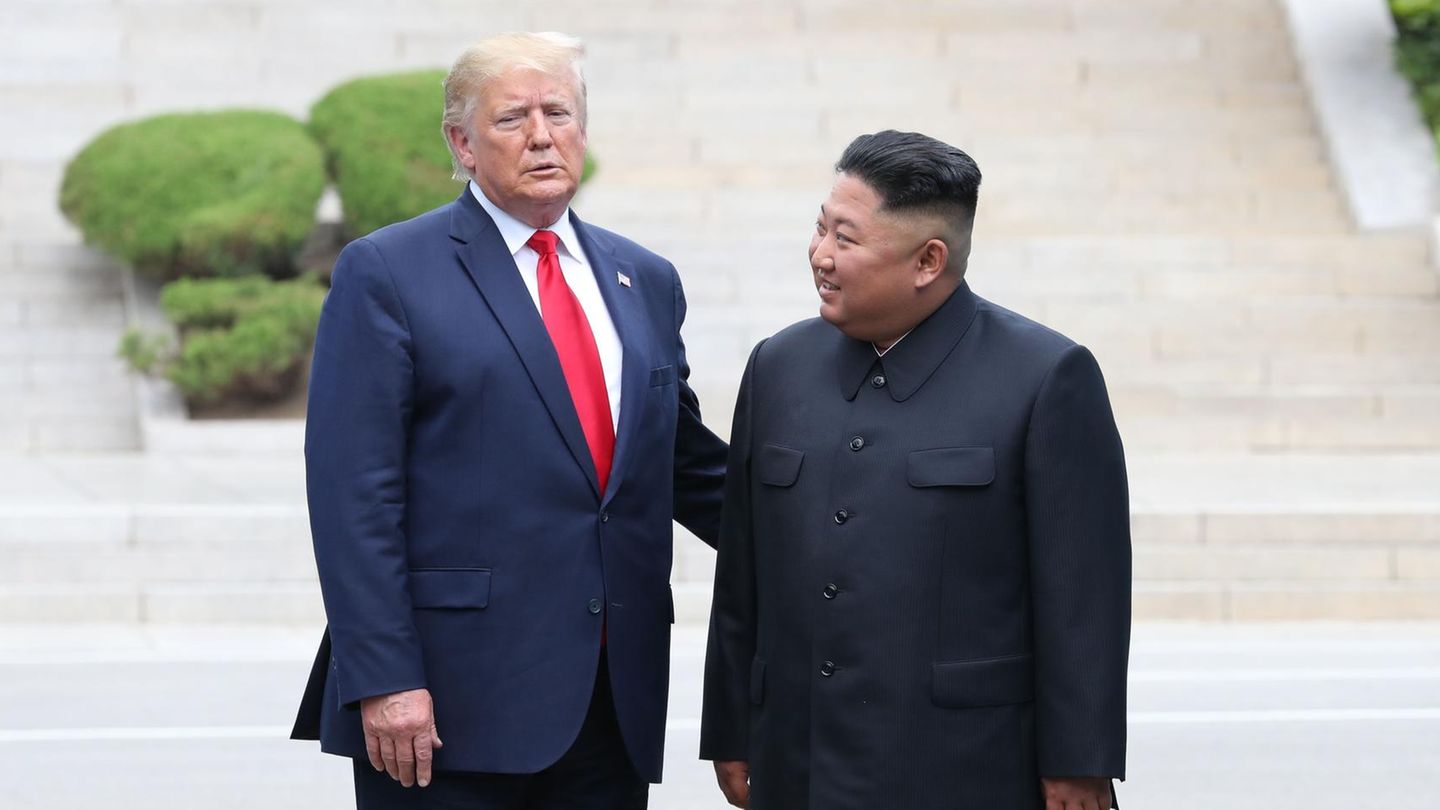“A right-wing populist is the one who defends the interests of the population over those of the caste,” he argued Bagus in an interview on Radio Rivadavia this Sunday.
Along the same lines, he explained: “The populism what I was referring to is defend the interests of the population against the establishment, lor what is usually named as the caste. “There are the interests of good Argentines and those of the caste.”
milei-y-los-mercados.jpg
“I know you don’t like the expression, because in Latin America they are leftist and they lie to the population, if there is someone who doesn’t lie and tells the truth it is Milei“, he shielded himself.
Likewise, the German economist stated that there is always a tolerance period for adjustment and liquefaction recipes, so he predicted: “When economic growth begins, which I hope will be soon, the popularity of Javier Milei It’s going to increase more.”
What he said about liberalism in Argentina
As he explained, the positive image of the libertarian responds to the triumph in the cultural battle that La Libertad Avanza won in the face of society, which – he considers – he educated in the concepts of the Austrian School, and to the sincerity of the President.
“He has educated the population in theories of correct economics, from the Austrian School, he has explained many concepts, what needs to be done and it has not been any surprise. He has been chosen for that. He has always said that there is no money and that State spending must be cut,” he highlighted.
What he said about Javier Milei
For his part, he described the founder of La Libertad Avanza as one of the defenders of the Austrian Schooland assured that he tries to apply measures of the current of thought that he represents, but stressed that “he has some political resistance that does not allow him to do everything he would like to do, but he is on the right path.”
Asked about the project Bases law and the mega DNU 70/2023 of the Government, stated that it has measures to shrink the State that “are going in the right direction.”
dollar blue investments finance

Depositphotos
In defense of deflation
In another passage of the interview, he maintained that “those who attack deflation are the inflationists, those who want more inflation because they benefit from inflation, especially the State, which is the largest debtor in the economy.”
“TOSome benefit, those who can buy cheaper and creditors, and others have disadvantages, such as debtors who want inflation.“, he stated, and added: “We must keep in mind that Argentina is a very intervened economy and you open the door of freedom a little, what is expected is an economic growth that can be strong and if it is and the mass does not increase, the consequence is that prices fall”.
“It is natural and healthy. It is a way of redistributing the advantages and benefits of economic growth to the entire population that enjoys it at lower prices. If in Argentina we see these phenomena, that there is strong growth and prices fall, we welcome it “he remarked.
What did he say about dollarization?
Asked about the free competition of the currency, the professor of the Master in Economics from the Austrian School He defended the idea of the libertarian president by emphasizing that Argentina “is practically dollarized, people save in dollars, it would not be bad if the economy were dollarized and the dollars would be used.”
“Currency competition is positive and eliminating the State from managing the currency. It will increase the monetary mass to increase its expenses and benefit at the expense of taxpayers with a monetary reform. Thus, dollarizing, the influence of the State in the economy would be eliminated.” currency,” he concluded.
pesos-dolar-billetes-dolarizacion.jpg

Asked about the free competition of the currency, the professor of the Master’s Degree in Economics at the Austrian School defended the president’s idea
Depositphotos
What is the Austrian School
Javier Milei admitted to being a devotee of Austrian School of Economicsa school of thought whose founder was the Austro-Hungarian Carl Mengerat the end of the 19th century.
The “Austrians”, who despite having different nationalities have retained the nickname of the place of origin of the theories, believe that individual freedom is the basis of economic progress.
That means Economic decisions should be made by individuals and not by the State or any other central authority.
Although it remained within a restricted circle of followers, the Austrian School attracted renewed interest in the 1970s, after Friedrich Hayek won the 1974 Nobel Prize in Economic Sciences.
Hayek, one of the great exponents of the Austrian School (disciple of Friedrich von Wieser and Ludwig von Mises), is known for his harsh criticism of socialism at a time when the US and Russia were competing for a bipolar world.
What usually unites Austrians is their rejection of Marxist, Keynesian, monetarist or neoclassical economic theories and their adherence to the idea that economic science is derived from philosophical logic and that, therefore, only theory can be developed. sound economics based on fundamental logical principles.
Source: Ambito




